News & press releases
New project to plug the software-stack support gap for energy-efficient computing
Due to fundamental limitations of scaling at the atomic scale, coupled with the heat density problems associated with packing an ever-increasing number of transistors in a unit area, Moore’s Law has slowed down. Heterogeneity aims to solve the problems associated with the end of Moore’s Law by incorporating more specialized compute units in the system hardware and by utilizing the most efficient compute unit for each computation. However, while in the last years a lot of research and advances were made to support heterogeneity for performance; for power- and energy-efficient computing it is severely lacking. The overall objective of the LEGaTO project is to produce this software stack to support energy-efficient heterogeneous computing. The project will strive to achieve this objective through employing a naturally energy-efficient task-based programming model, coupled to a dataflow runtime while simultaneously ensuring security, resilience and programmability. Concrete targets of the LEGATO project are:
- improve one order of magnitude in energy-efficiency for heterogeneous hardware through the use of the energy-optimized programming model and runtime
- reduce the size of the trusted computing base by at least an order of magnitude
- decrease of 5-fold mean time failure rate while decreasing the energy consumption
- increasing 5-fold FPGA programmer productivity leverage on use of novel features of dataflow hardware design
Osman Unsal and Adrian Cristal, coordinators of LEGaTO project state: “Moore´s Law is slowing down, and as a consequence hardware is becoming more heterogeneous. In the LEGaTO project, we will leverage task-based programming models to provide a software ecosystem for Made-in-Europe heterogeneous hardware composed of CPUs, GPUs, FPGAs and dataflow engines. Our aim is one order of magnitude energy savings from the edge to the converged cloud/HPC.”
The energy-efficient software toolset for heterogeneous hardware developed within the LEGaTO project will be applied in three use cases:
- Healthcare: a decrease in energy consumption in the healthcare sector and an increase in healthcare application resilience and security – both critical requirements in this area.
- Smart cities: the project will demonstrate ease of programming and energy savings possible through the use of the LEGaTO project software–hardware framework for the Internet of Things (IoT), smart homes and smart cities application. Sensible sensor information and actuator instructions can be received and sent via the developed secure IoT gateway.
- Machine learning (ML): improve energy efficiency by employing accelerators and tuning the accuracy of computations at runtime.

